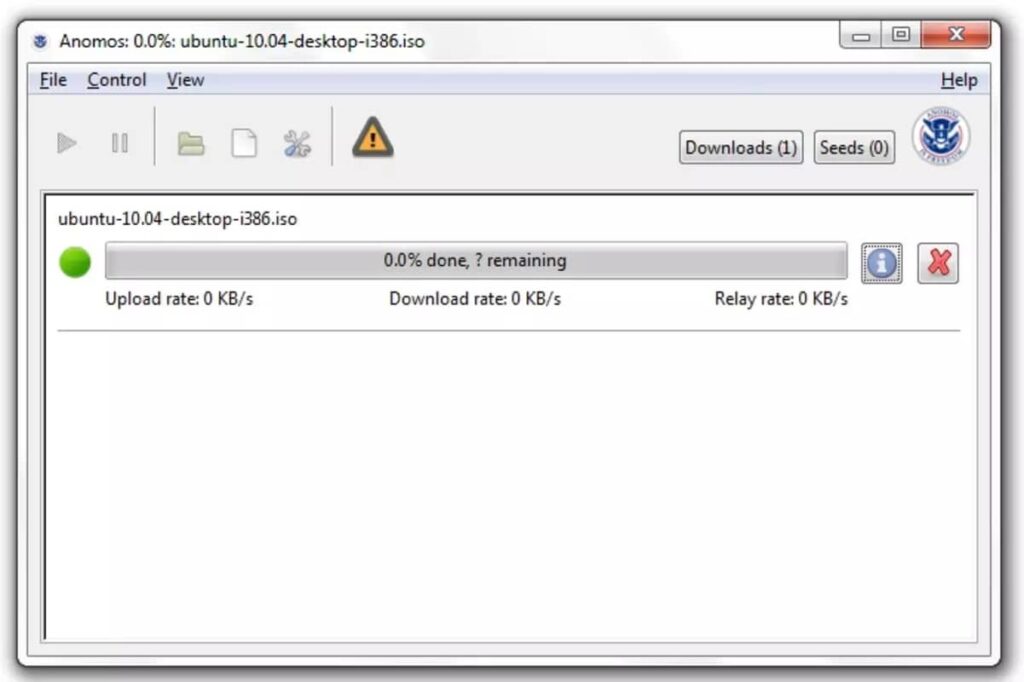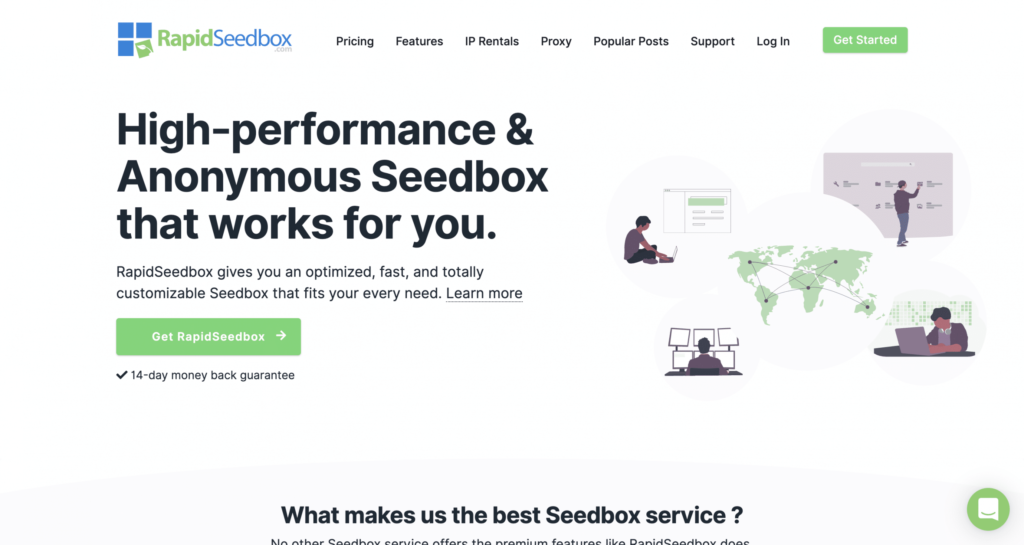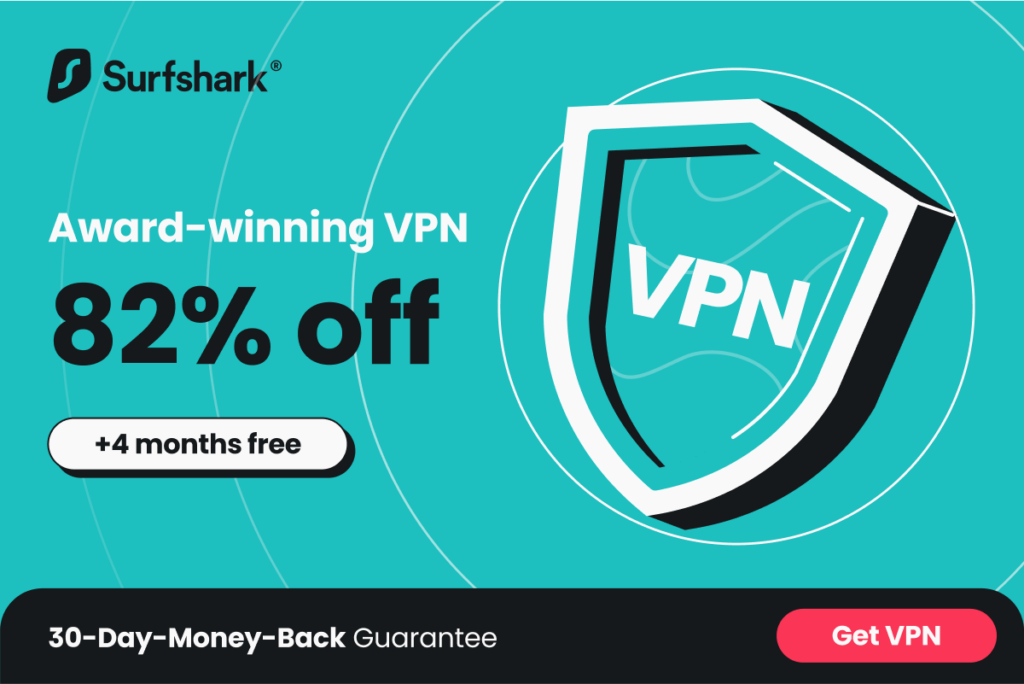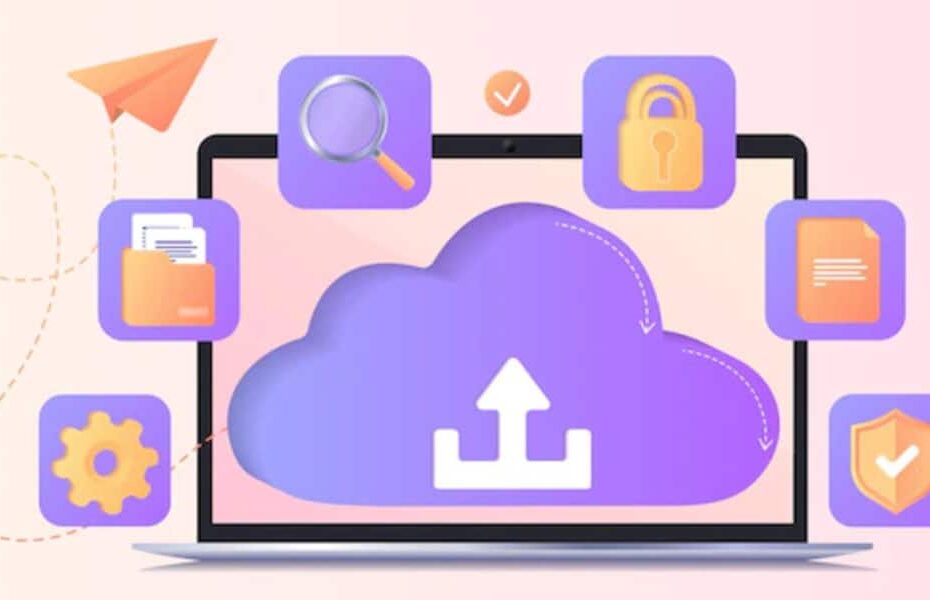The most convenient way to watch a movie or TV program online or even play a game that isn’t instantly available is to torrent it. However, before doing so, you should know that torrenting without a VPN is risky.
Torrenting has become such a popular pastime that we have lost sight of whether it is legal or not to do so. Because torrenting is linked with legal issues, torrent users typically pay for a virtual private network (VPN) service when they torrent.
This protects their IP addresses from being detected by their Internet Service Provider (ISP). As a result, the ISP cannot act against them because they cannot track internet activity. Although torrenting without a VPN is not advised, there are methods for torrenting without a VPN and remaining anonymous.
Understanding what you are getting into before attempting these methods is important.
What is torrenting?
Torrenting is the process of downloading and uploading using the BitTorrent network, which is a distributed file-sharing network. To store files, torrenting does not require using a centralized server.
To make file sharing easier, pieces of data from huge files are kept on participant computers on a network to make sharing files easier. For example, an open-source P2P communication system such as BitTorrent breaks down large files into smaller pieces and distributes them from uploaders to downloaders through a torrent client.
Torrenting is usually associated with piracy since peers use it to distribute files protected by intellectual property rights. Movies, music, games, and software are just a few examples of such important files.
What is the point of downloading torrents anonymously in the first place?
There are many compelling reasons you should learn how to torrent anonymously today. Otherwise, you may be forced to contend with the following consequences.
Legal issues
Downloading torrents may result in grave repercussions depending on your location.
For example, suppose you are a resident of the United States. In that case, you may find yourself subject to DMCA notices, large penalties in court, or even prison time if you are discovered downloading torrents without permission. And in Canada, things are much more confusing because downloading torrents may result in you being arrested and sentenced to prison if you do so inadvertently violate the law.
Copyright trolls
Data harvesters are people or organizations who collect information about Internet users who download torrents. They then pass on the information to copyright agencies, which take legal action against torrent users and websites.
Losing your privacy
Each member of the Swarm (the total number of uploaders and seeders on a torrent) can see your real IP address whenever you download a torrent. So even while the vast majority of people are unlikely to do anything with it, keep in mind that anyone may use your IP address to find out:
- What country do you live in
- What city do you live in
- Your Zipcode
- Who is your ISP is
If a cybercriminal is among Swarm’s users, they might use that type of data to contact you with phishing emails and scams.
ISP penalties
Some ISPs may object if you use their bandwidth to download torrents. Either because you have put them in a delicate legal situation or because you consume excessive bandwidth.
In any event, if your ISP finds out you are downloading torrents, one of the following outcomes is possible:
- They might send you threatening messages or issue you with copyright holders’ notices.
- If your actions violate the contract you signed, they may terminate your contract immediately.
- Your ISP may provide your information to copyright agencies or copyright trolls.
- Your ISP may start throttling your bandwidth, limiting your connection speeds.
Blocked torrenting websites
Although your government may impose them nationally, torrenting websites do not often use geo-restrictions. Moreover, you may easily circumvent those limitations by concealing your real IP address by anonymizing your torrenting activities.
How can I torrent without using a VPN?
We offer a few recommendations if you insist on torrenting without a VPN. These options will help you remain anonymous when torrenting.
Try anomos

Anomos can be best described as a torrent client with end-to-end encryption. It uses the BitTorrent peer/tracker idea but adds an extra layer of anonymization using onion routing. Simply put, it is an extra layer of encryption on top of the previously existing end-to-end encryption.
Anomos is open-source, and the client is free to use. It’s written in Python, and the interface is simple and easy. This may be used with or without a VPN service.
Anomos only works with the “.atorrent” file format. As a result, you must search for .atorrent torrents or convert other torrent formats to .atorrent format.
Use a seedbox
The word “Seedbox” is well-known among P2P users. It’s a remote server that uses the BitTorrent protocol to download and upload torrents from torrent websites. Seedboxes can be actual servers. However, they are mainly VPSs from data centers.
The server makes you anonymous in two ways: by concealing your IP address and encrypting your data using HTTPS.
There are, however, no open-source seedboxes. Costs may range from $3 to $50+ each month, depending on the speed and storage capacity of the server space required.
In terms of pricing, the amount you will pay is determined by how powerful and fast you want the server to be and how much storage space you want. Fees might range from $3-$5 per month to more than $50 per month.

Use antivirus/antimalware protection.
Security solutions such as antivirus and antimalware may not appear to be a suitable way to download torrents anonymously, but consider the following scenario:
Assume you performed everything correctly and can now enjoy peak anonymous torrenting. Nobody can see your IP address or activity, and no one can track torrents back to you.
Antivirus/antimalware security may not be the ideal option for downloading torrents anonymously. But what if an anonymously downloaded file contains malware or viruses? They may take control of your device and spread to all of your data if you do not have sufficient antivirus/antimalware protection.
As a result, installing a dependable Antivirus/Antimalware security protection is your best bet.
Use a proxy server
Proxies help conceal your IP address by intercepting connection requests and redirecting them to the website you wish to connect to. As a result, your ISP cannot see which torrenting websites you visit.
Regrettably, not all proxy servers use encryption. As a result, both your ISP and the proxy server owner can see your traffic. Another issue with proxy servers is overcrowding, which results in poor speeds and limited bandwidth. As a result, unless you use VPN servers as proxies, a proxy server isn’t the best option for anonymous torrenting. However, if you do this, you will have all of the benefits of VPNs while also using proxy connectivity.
FAQs
Is downloading torrent files illegal?
The simple answer is no. Sharing files using torrent sites is not illegal in and of itself. Downloading unlicensed copyrighted content, on the other hand, is illegal.
Is it necessary to use a VPN when torrenting?
VPNs disguise your IP address from sites that wish to monitor you. They also keep your complete online activity hidden from your ISP. For example, using a VPN to download files from a torrent site might help you remain anonymous online and protect yourself from cyber-attacks.
Keep in mind that ISPs monitor VPN traffic, so keep your torrenting legal. VPNs are also prohibited in some countries, so check that your country isn’t on the list.
Is it possible for me to go to jail for torrenting?
It depends on the situation, but you’re unlikely to go to jail for torrenting. Most torrenting lawsuits are civil, not criminal, in nature. Therefore if a penalty is imposed, it is generally in the form of a fine or other monetary compensation.
However, it also depends on your location, the torrent you’re using, and if you seeded the file so that other people might download it. Therefore, it is essential to familiarize yourself with your local rules and regulations.
Conclusion
Torrenting is an easier way of sharing or downloading data. However, disclosing your IP address exposes you to unneeded hazards. You don’t want to become a hacker’s target when all you want to do is download the files you’re looking for.
There may be suggested methods for remaining anonymous when torrenting, but it makes no sense to continually put yourself in danger by torrenting without a VPN.




